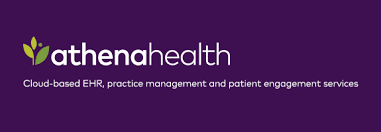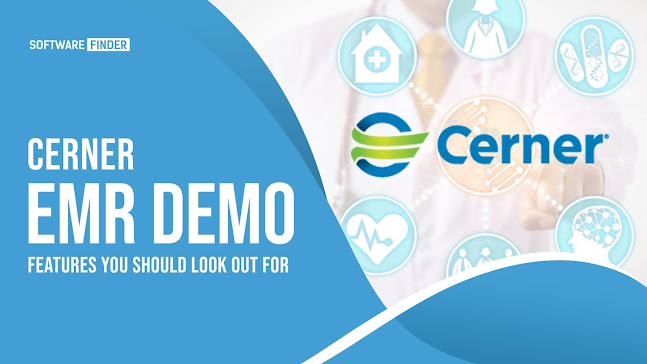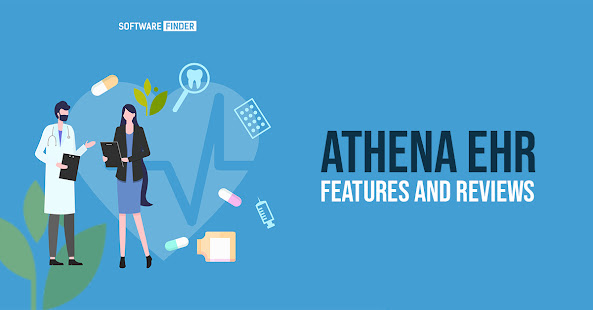How Cloud-Based Practice Management Maximizes Efficiency?
A practice management system or software handles appointment scheduling, billing processing, report generating, patient data management, and other tasks. In short, it attempts to address administrative difficulties and enable healthcare organizations to support their medical services.
The more meaningful data you can gather on the patients you treat in your practice, the more opportunities you and your staff will have to give outstanding, cutting-edge care. Many medical offices are looking outside their data center and shifting some of their computing equipment into the cloud.
Cloud computing services offer numerous benefits to enterprises of all sizes, and the medical profession, in particular, stands to benefit significantly from the comfort and ease of data administration.
Instead of storing your patient data on a local computer server in your organization's data center, a cloud computing system stores it on remote servers, typically in numerous locations for backup. This aims to guarantee that even if there is difficulty in one center due to a local issue (natural disaster, system failure, etc.), you will still retrieve the details from a backup cloud server.
Benefits of Cloud-based Practice Management
Real-time Appointment Scheduling
In a athenahealth EHR, any staff member may view patient data at a glance, which enables you to plan and share resources more seamlessly. For example, you may detect a pattern indicating that you need to purchase extra equipment or change the hours available for treatments in different rooms.
Efficient Prescription Tools
Your cloud-based PM system will immediately assist you in reducing prescription errors. For example, you don't have to worry about a physician's illegible handwriting or a paper prescription missing precisely when the patient needs it the most with electronic prescription capability.
Furthermore, by sending prescriptions straight to the pharmacy from your cloud system, your patients will be able to pick them up as soon as they arrive, rather than having to wait for the meds to be filled. Because of the ease of connectivity provided by cloud computing, you can complete a prescription even while you are not in the office.
More Revenue
Practices should anticipate experiencing an increase in revenue with a cloud-based PM. This alone can justify the purchase and implementation of such a system to stakeholders.
For example, the system reduces the labor and time required to manage denials and trace claims. You should expect a 99 percent denial correction rate if you have an easier way to address contradictions right soon. This significantly accelerates the income cycle in your practice.
Portal for Patients’ Ease
Your cloud-based PM system has a patient portal, allowing patients to enter their information once rather than continuously writing it on several forms on their initial appointment. This also saves time for workers because they don't have to enter the data themselves.
Instead of calling and waiting on hold to leave a message, patients use the portal to ask staff inquiries and receive instant responses by text. In addition, the portal can send out reminders before each appointment to reduce the number of no-shows.






Comments
Post a Comment